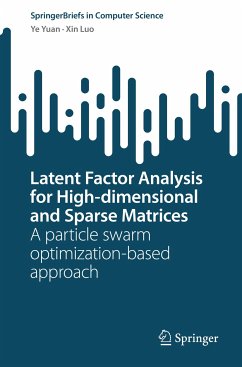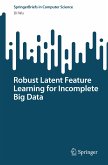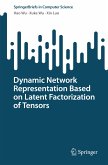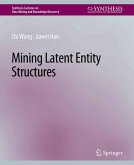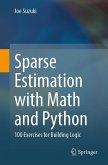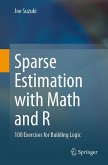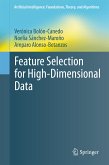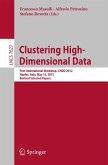Latent factor analysis models are an effective type of machine learning model for addressing high-dimensional and sparse matrices, which are encountered in many big-data-related industrial applications. The performance of a latent factor analysis model relies heavily on appropriate hyper-parameters. However, most hyper-parameters are data-dependent, and using grid-search to tune these hyper-parameters is truly laborious and expensive in computational terms. Hence, how to achieve efficient hyper-parameter adaptation for latent factor analysis models has become a significant question.
This is the first book to focus on how particle swarm optimization can be incorporated into latent factor analysis for efficient hyper-parameter adaptation, an approach that offers high scalability in real-world industrial applications.
The book will help students, researchers and engineers fully understand the basic methodologies of hyper-parameter adaptation via particle swarm optimization in latent factor analysis models. Further, it will enable them to conduct extensive research and experiments on the real-world applications of the content discussed.
This is the first book to focus on how particle swarm optimization can be incorporated into latent factor analysis for efficient hyper-parameter adaptation, an approach that offers high scalability in real-world industrial applications.
The book will help students, researchers and engineers fully understand the basic methodologies of hyper-parameter adaptation via particle swarm optimization in latent factor analysis models. Further, it will enable them to conduct extensive research and experiments on the real-world applications of the content discussed.
Dieser Download kann aus rechtlichen Gründen nur mit Rechnungsadresse in A, B, BG, CY, CZ, D, DK, EW, E, FIN, F, GR, HR, H, IRL, I, LT, L, LR, M, NL, PL, P, R, S, SLO, SK ausgeliefert werden.

